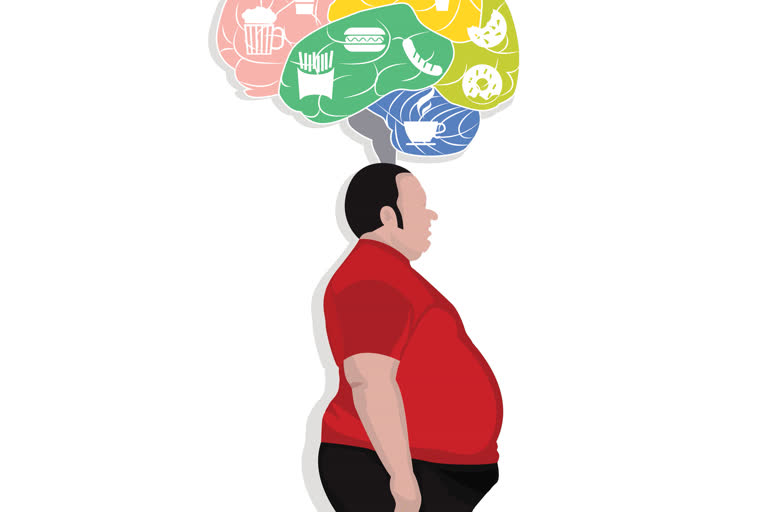For over two decades, obesity has emerged into a bigger health crisis globally and in India, than hunger. Obesity is now the leading cause of disabilities and deaths around the world. More so, during the COVID-19 pandemic when lakhs of people died across countries, one key reason was the ailments associated with overweight.
On World Obesity Day, healthcare professionals underlined the need to enhance awareness of this ever-growing lifestyle disease, which is fast emerging as the biggest killer of humankind in the modern era.
"Over the past century, the world has progressed on many health parameters. Today there are very less deaths among kids due to immunization against ailments, and the availability of food is shifting focus away from malnutrition. However, changing lifestyles and easy access to high-calorie food is pushing children and adults towards obesity, which unfortunately has some devastating outcomes at times," said Dr. Riyaz Khan, CEO, Continental Hospitals.
"On the eve of this World Obesity Day, we intend to enhance awareness on this lifestyle among our patients, their families, and the society around us," he said. "Many global reports suggest that around two billion adults in the world are overweight or obese, a condition that is worsening at an unprecedented rate and shows no signs of waning unless some drastic measures are taken. Covid-19 and associated deaths are a warning bell for us all to maintain health, and if these warning signs are ignored, there could be more devastating implications in the times ahead," said Dr. Mervin Leo, Cluster COO, Gleneagles Global Hospitals.
According to him, obesity is not just about being overweight and lethargic. This condition will have an adverse impact on vital organs like the liver and kidneys. Hence it is important people realize the negative impact of overweight and work towards addressing the problem early.
Dr. Anitha Reddy, Consultant Medical Gastroenterologist, SLG Hospitals pointed out that obesity is normally associated with morbidity related to diabetes and cardiovascular diseases. "However, there are many gastrointestinal and hepatic diseases for which obesity is the direct cause, like non-alcoholic fatty liver disease. Obesity complicates other mechanisms in the human body and results in the earlier presentation of diseases or aggravating the conditions of some ailments. Overweight could be a cause for developing certain cancers too, and before it is too late it is best advised to take care of oneself, and not repent or pay a heavy price at an advanced stage of complications," she said.
So how do people know if they are overweight and need to take care of their health? The weight that is higher than what is considered a healthy weight for a given height is described as overweight or obese.
Body Mass Index, or BMI, is used as a screening tool for overweight or obesity. Body Mass Index (BMI) is a person's weight in kilograms divided by the square of height in meters. A high BMI can be an indicator of high body fatness. Leading a physically active life could address the problem to a certain extent before the possibility of recovery turns grim.
(IANS)



